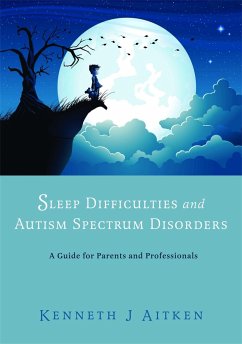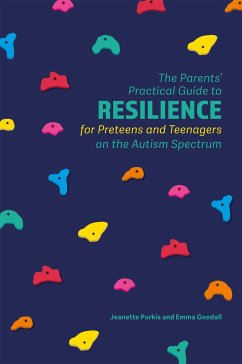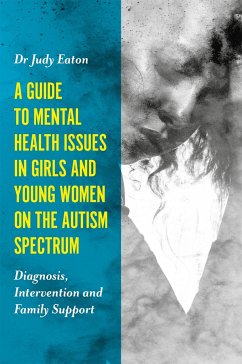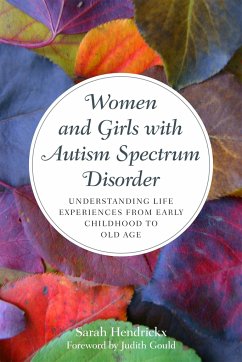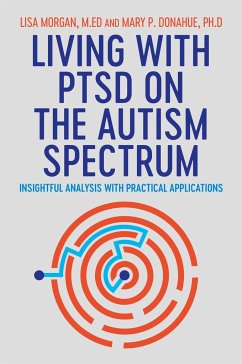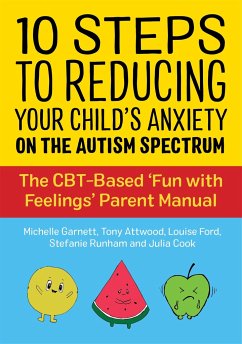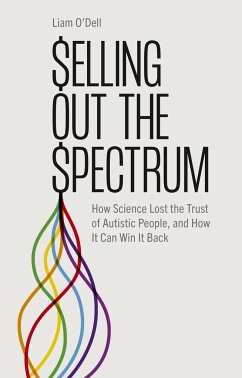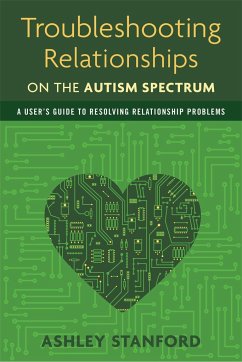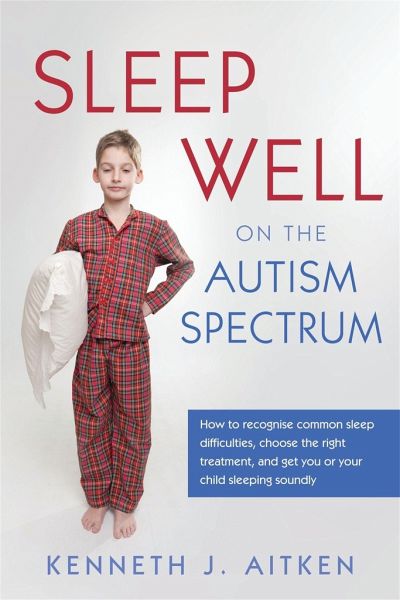
Sleep Well on the Autism Spectrum
How to Recognise Common Sleep Difficulties, Choose the Right Treatment, and Get You or Your Child Sleeping Soundly

PAYBACK Punkte
16 °P sammeln!
Full of helpful information and practical advice, this comprehensive guide introduces the most common sleep issues in children with ASDs, describing both mainstream and complementary options for treatment, what is involved and the outcomes that can be expected.




